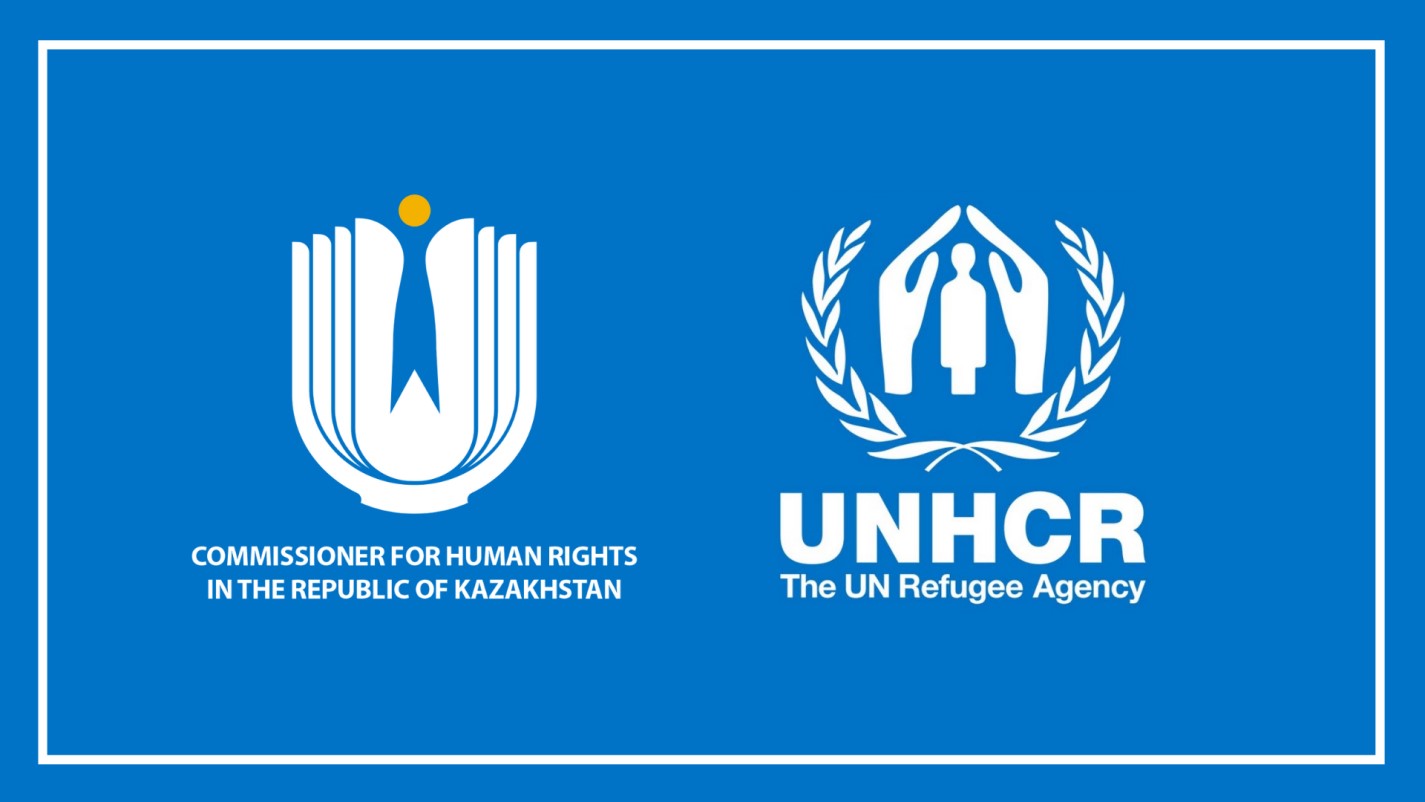Meeting of the Commissioner for Human Rights in Kazakhstan with the UNHCR representative for Central Asia

On April 6, this year, the Commissioner for Human Rights, E. Azimova, met with the new UNHCR Representative for Central Asia, Hans Schodder. The meeting was also attended by the UNHCR Deputy Director for Central Asia, Dumitru Lipkanu, and the head of the UNHCR National Office in Nur-Sultan, Irina Bilyalova.
Mr. Schodder presented the activities and priorities of the UNHCR regional office for the near future.
The Commissioner noted that the format for cooperation can be the provision of technical support for further improvement of migration legislation and the implementation of recommendations for stateless persons.
The support and assistance of the Head of State in the protection of human rights were also positively noted: the abolition of the death penalty for certain types of crimes, the introduction of a three-tier model of justice.
The following issues were also discussed during the meeting:
Regarding the operation «Zhusan» and «Rusafa»
Azimova shared the case of the operations "Zhusan" and "Rusafa", in which women and children were transported from Syria and Iraq to Kazakhstan. By the amendments to the Marriage and Family Code of 25.11.2019, when a child is born, if no documents are proving the identity of the mother, at the time of registration of the fact of birth, information about her is filled in from the mother's words. Also, as a result of fruitful work and with the support of the Supreme Court, children who returned to Kazakhstan born in places of military operations were issued birth certificates indicating the place of birth of the Republic of Kazakhstan to ensure their further inclusion in society and to prevent stigmatization.
Regarding Kazakhstan's accession to the Conventions on the Status of Stateless Persons and the Reduction of Statelessness
The UNHCR representative for Central Asia noted that Kazakhstan implements 70-80% of the requirements of these two conventions in practice, and suggested considering the possibility of ratifying these international treaties.
Regarding the amnesty
The draft law on amnesty on the occasion of the 30th anniversary of independence of the Republic of Kazakhstan is under discussion. According to preliminary estimates, half of the 23,000 convicts are granted amnesty. A certain number of these convicts are stateless people and foreign citizens. The Ombudsman offered cooperation in the legalization of the status and the return to their homeland of convicts who will fall under the amnesty.
Regarding UNHCR's activities in Central Asia
In May 2020, the UNHCR launched a campaign to identify stateless persons. Due to a large number of such persons, the work is planned to be completed by May 2022.
According to the UNHCR, 440 refugees in Kazakhstan do not have access to medical services due to temporary residence permits. 14 people out of 440 have already lived in Kazakhstan for 25 years. By Article 4 of the Law "On the Legal Status of Foreigners", a mandatory condition for granting a permanent residence permit in the Republic of Kazakhstan is a confirmation of solvency by the person applying for such a permit (for reference: the applicant for permanent residence submits to the internal affairs bodies a document of a resident bank of the Republic of Kazakhstan (a certificate) signed by the chairman of the Management Board of the bank or an authorized person of the bank, about the availability of money in the bank account (accounts) in the amount equal to or exceeding the equivalent of 1320 MCI).
And since many stateless persons do not have such funds in their accounts, the UNHCR is invited to grant these 14 persons legal status under amnesty, as they do not pose any danger to society.
The Commissioner was asked to create a focus group to promote the issue of documenting these individuals.